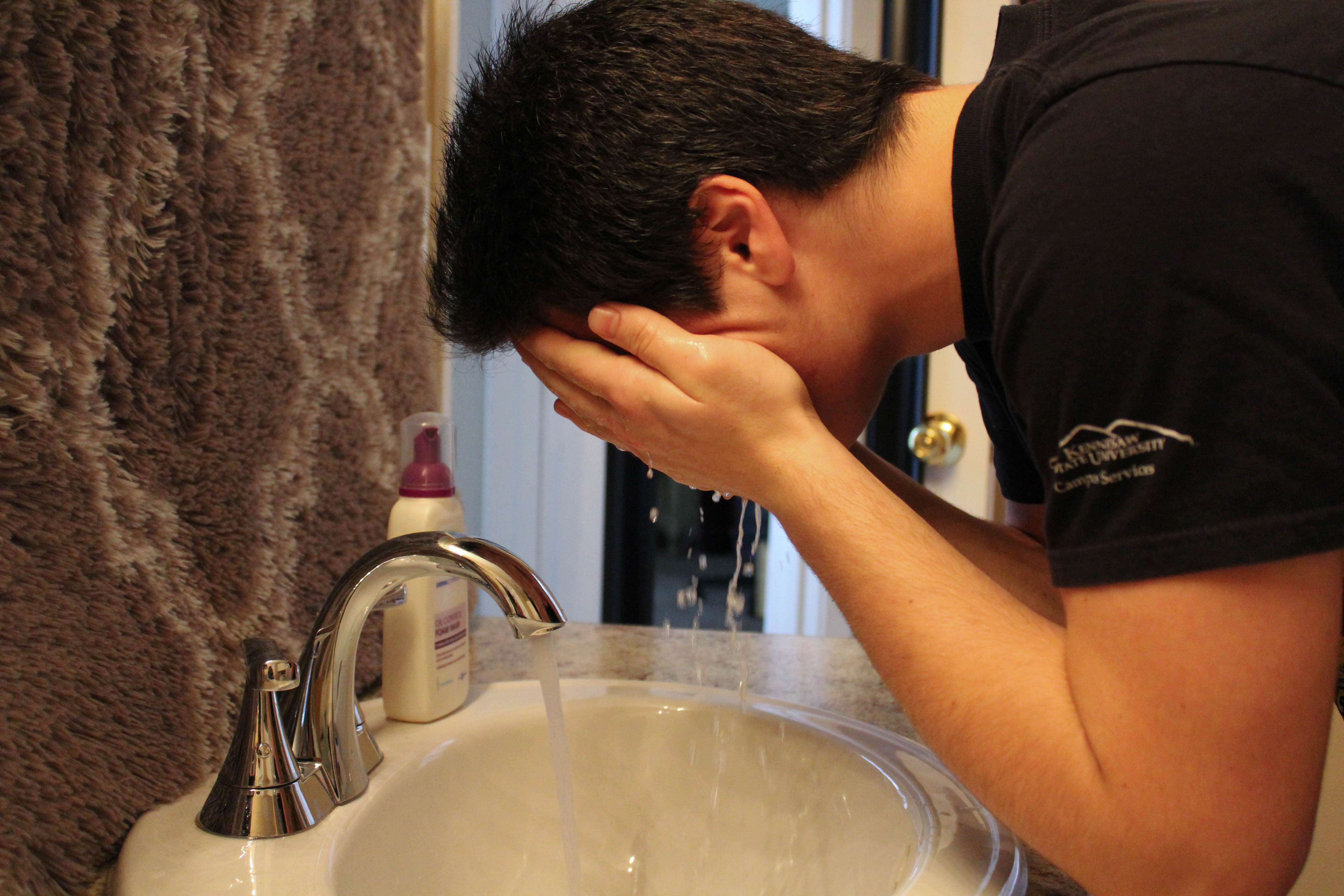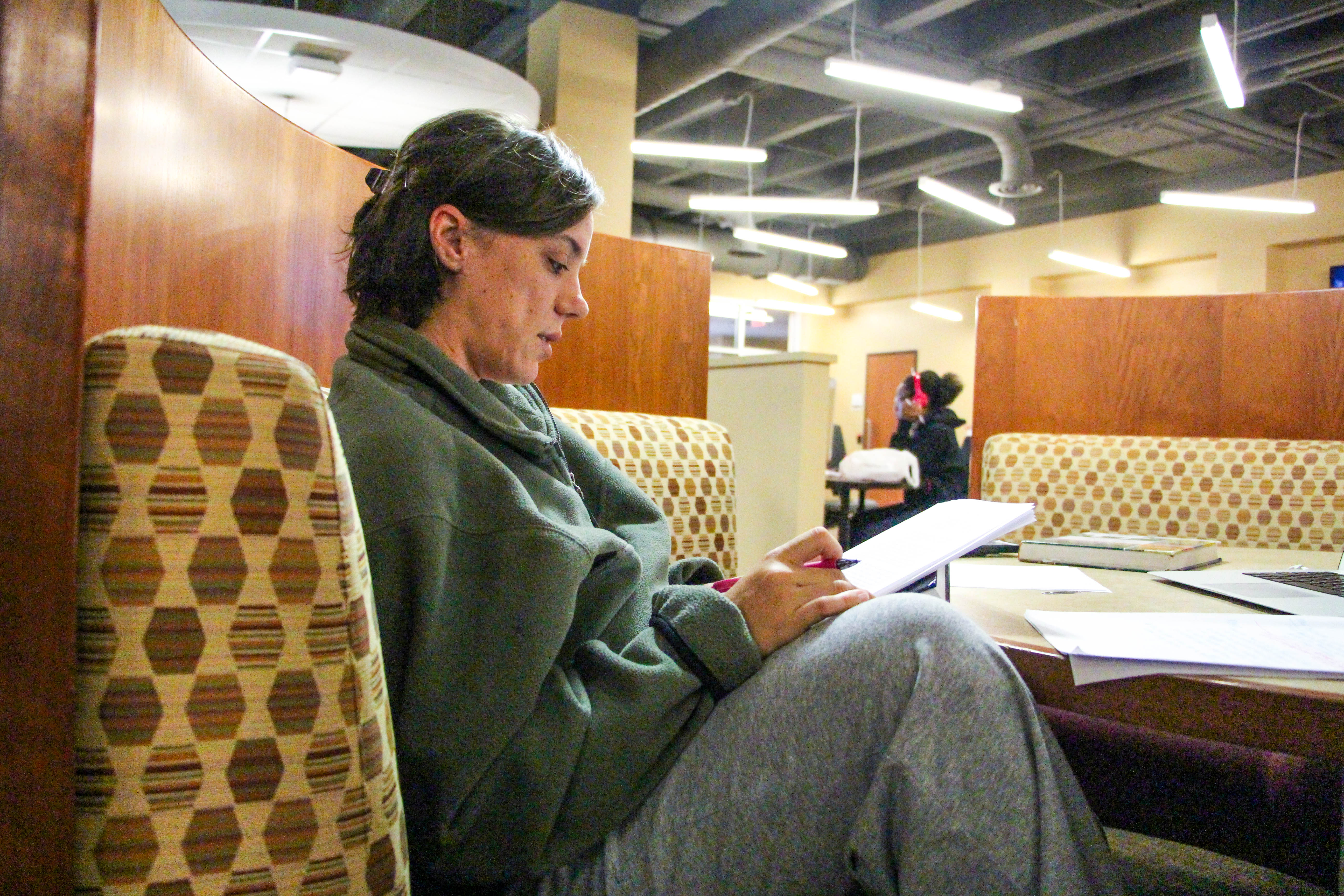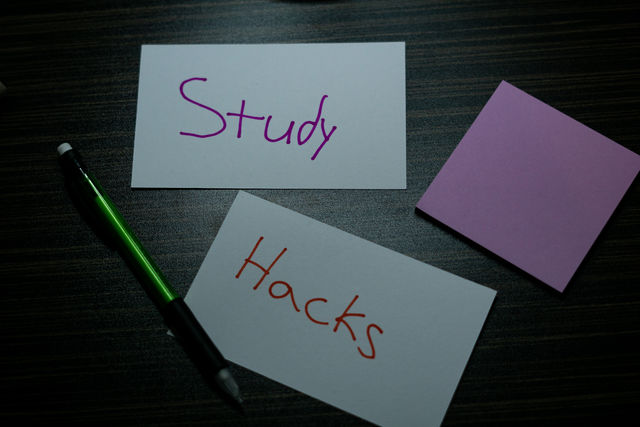To many students, self-care ends after they remove the clay mask off their face. However, there are aspects of their wellbeing that they may be ignoring. There are many other aspects of self-care, including knowing one’s limits, disconnecting from distractions and focusing on positivity, that are more beneficial to one’s wellbeing.
While face masks or bubble baths can relieve stress or anxiety short term, they do not help with long term self-care. Once the mask is removed or the bubbles evaporated, students must face what they may have been ignoring. Self-care will be the most beneficial when it focuses on long term relief.
For many, it is difficult to find time for self-care. There are many responsibilities and expectations placed on students in particular, such as maintaining their GPA, working full or part-time and maintaining healthy relationships. Overworking most often becomes second nature, so it is important for students to know their limits and rest.
There are various side effects from overworking, including stress, poor eating and sleeping habits and even death. According to Dr. Alan Young, the medical director at Stanford Cardiovascular Health, “unhealthy behaviors, like eating poorly or not exercising, are also linked to chronic stress from working long hours, and these can cause an increase in blood pressure or cholesterol.” However easy it may be to overwork, it is a crucial part of self-care to notice when the body needs rest.
It is important to take breaks during long periods of work to focus on doing other activities, which can be both enjoyable and healthy. Activities such as reading and regular exercise can help students to avoid overworking, relieve stress and get better sleep.
Losing one’s self in the digital age is easy. People are constantly bombarded with information from all sides, but for the sake of one’s health, it is important to disconnect from that side of life and have alone time.
According to Psychology Today, one of the most crucial aspects of self-care is taking time to examine life and silently debrief after a long day. Eating quietly and enjoying every bite or simply taking a relaxing shower without interruption can be a great way to begin practicing self-care as those two activities can be a personal and calming time.
Staying positive is an aspect of self-care that may be obvious, but it is often overlooked. Negativity is a hindrance to self-care, whether internal or external. As students interact with people throughout the day, there can be those who bring negativity to situations. While students will inevitably encounter negativity, it is best for students to focus on themselves, keep a cool mind and avoid negative people when possible.
Not all negativity comes from other people, however, as daily baggage and tasks can surface the stress in anyone. Even as one looks ahead to the day, knowing the challenges ahead can wear down a person. Taking part in enjoyable activities, listening to music and smiling in the face of adversity are useful tools to avoid the weight of negativity.
“Saying three things you’re grateful for to yourself in the morning before you get out of bed is really helpful,” sophomore anthropology major Kaitlin Woodward said.
As the face mask comes off, it is imperative to focus on different aspects of wellbeing overall. Students should avoid overworking themselves, disconnect from technology when possible and stay positive overall. Of course, a face mask does not hurt every once in a while, but in order to maintain a healthy body, mind and soul, balancing long-term self-care techniques is imperative.



